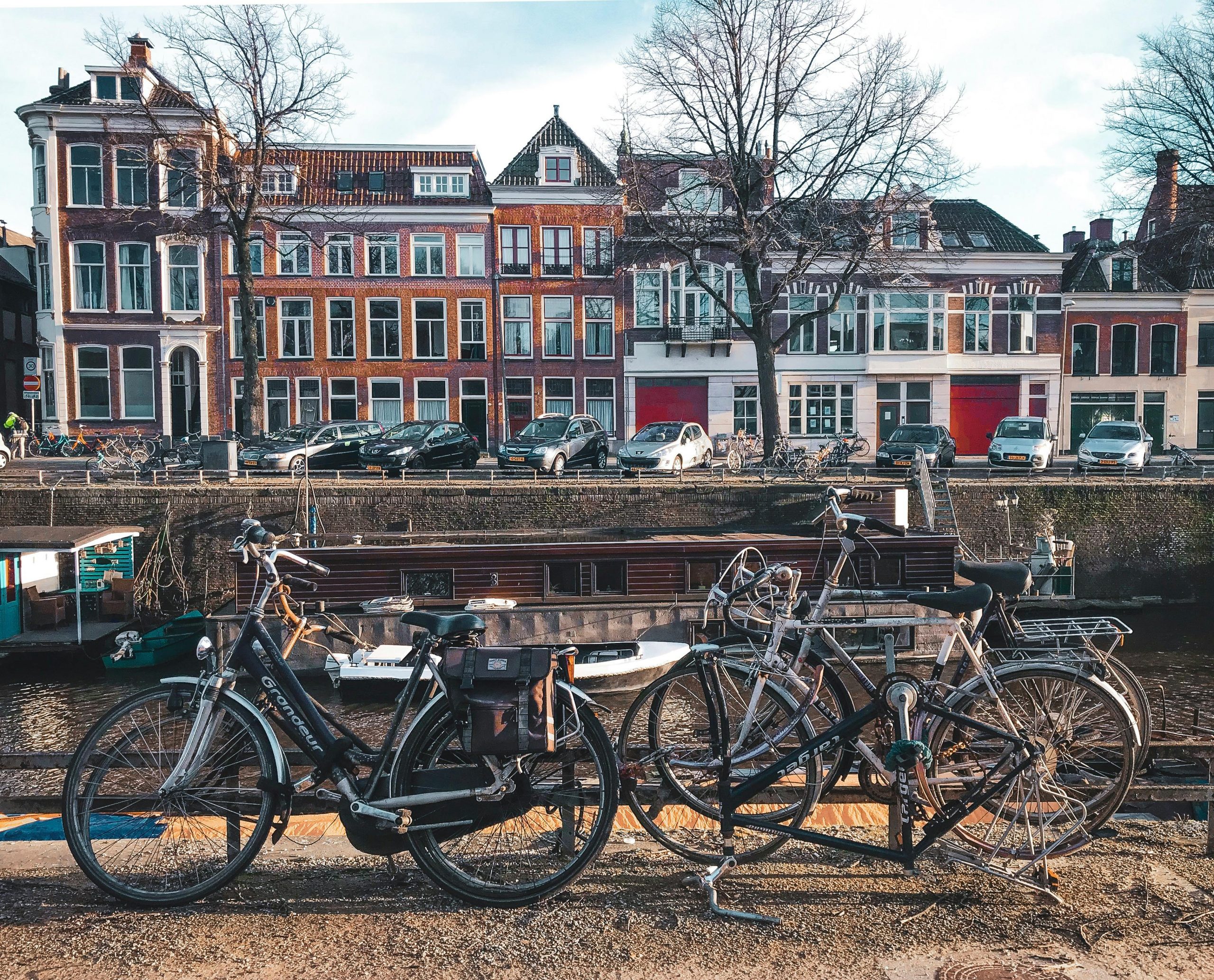Peter-Paul de Goeij, director of the Netherlands Online Gambling Association (NOGA), expects a “rigorous” response from Kansspelautoriteit (KSA) following research showing illegal operators allowing minors to gamble.
Research conducted by Keurmerk Responsible Affiliates (KVA) and shared with NOGA and operator association Licensed Dutch Gaming Providers (VNLOK) identified minors in the Netherlands as being able to gamble with offshore operators. The findings of the research have been passed onto the KSA.
The research found that the lack of necessary age verification required from legal operators allowed minors to create an account with offshore operators, with an email address or telephone number enough to open an account.
Those below the legal gambling age of 18 could then deposit and gamble. Additionally, the research found deposits with cryptocurrency could also be made, often anonymously, following a simple Google search.
The study also identified illegal casinos using logos of banks and legal operators to encourage minors to deposit in the belief that such acts are safe.
The KVA pointed out previous research, conducted in 2023, which showed illegal sites targeting players looking to bypass Cruks, the Netherlands’ self-exclusion scheme.
In response to the new research, De Goeij highlighted the risks for underage gambling, believing minors are more susceptible to addiction and ensuing consequences such as mental health problems and financial consequences.
De Goeij is keen to see a thorough KSA response to properly address the issue and satisfy its mandate of protecting consumers.
“The Kansspelautoriteit (KSA), the Dutch Gambling Authority, is expected to address these issues rigorously,” De Goeij told iGB. “The KSA is likely to enhance monitoring and enforcement actions against unlicensed operators, imposing hefty fines and blocking access to these websites.
“Educating the public, especially minors and their parents, about the risks of unlicensed gambling and how to avoid these sites can be an effective preventive measure.”
How does NOGA want to see the KSA respond?
De Goeij believes the KSA should increase its collaboration with other jurisdictions by sharing intelligence and best practices to help counter illegal operators.
Additionally, De Goeij is looking for the KSA to work alongside financial institutions to block illegal transactions and cut off offshore operators’ revenue streams, as well as enhancing its technological efforts.
“The KSA should employ advanced technologies like geolocation blocking and AI-driven monitoring to detect and shut down access to offshore gambling platforms,” De Goeij added.
“Working with internet service providers (ISPs) to block unlicensed gambling sites could significantly reduce access.”
Wider black market issues in the Netherlands
The KVA’s research comes in the midst of industry concern over increasing regulation in the Netherlands and the potential effect it is having on black market interest.
Last week, a coalition agreement proposed an increase of the gambling tax to 37.8% from the current 30.5%. The change would provide the state treasury with an additional €202m (£173.3m/$219.6m) in tax. NOGA responded with its concerns that such alterations could drive operators towards the black market.
The proposed tax rise follows a vote earlier this year by the house of representatives to ban “high-risk” gambling, including online slots. The Netherlands minister for legal protection Franc Weerwind will now review and make a decision on whether to approve the law change.
The house also voted to ban online gambling advertising, with untargeted advertising already banned following a law change in 2023.
De Goeij is concerned over the situation in the Netherlands, believing higher taxes and restrictions on advertising will only serve to boost black market popularity.
“The Dutch government and legal operators could see a decline in revenue, undermining the regulatory framework and financial stability of the legal market,” De Geoij continued.
“As players move to unlicensed sites, they lose the consumer protections offered by regulated platforms, increasing the risks of fraud, addiction, and other harms.”
NOGA recommendations
De Geoij made suggestions on how the KSA and the government could form a strategy to combat the potential rise of the black market.
De Goeij would like to see regulation based on evidence and made attractive enough to keep operators and players on the legal side of the market. This, he believes, can be achievable by ensuring restrictions do not “excessively burden” legal operators.
“The KSA and the government should encourage innovation and better customer experiences in the legal market to retain and attract players,” De Geoij said. “They should also be continuously researching market trends and player behaviour to adapt regulations and strategies dynamically.”
“Only by taking a proactive and balanced approach, the Netherlands can protect its citizens while maintaining a robust and attractive legal gambling market.”
iGB reached out to the KSA for comment but is yet to receive a response.

